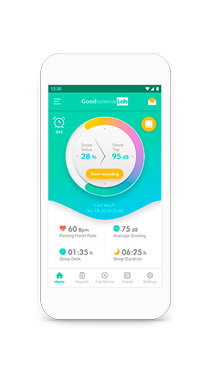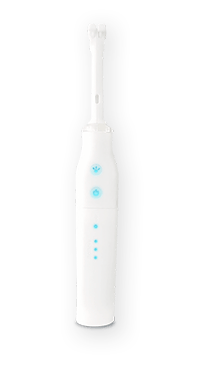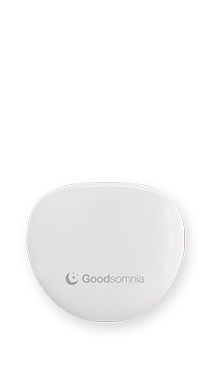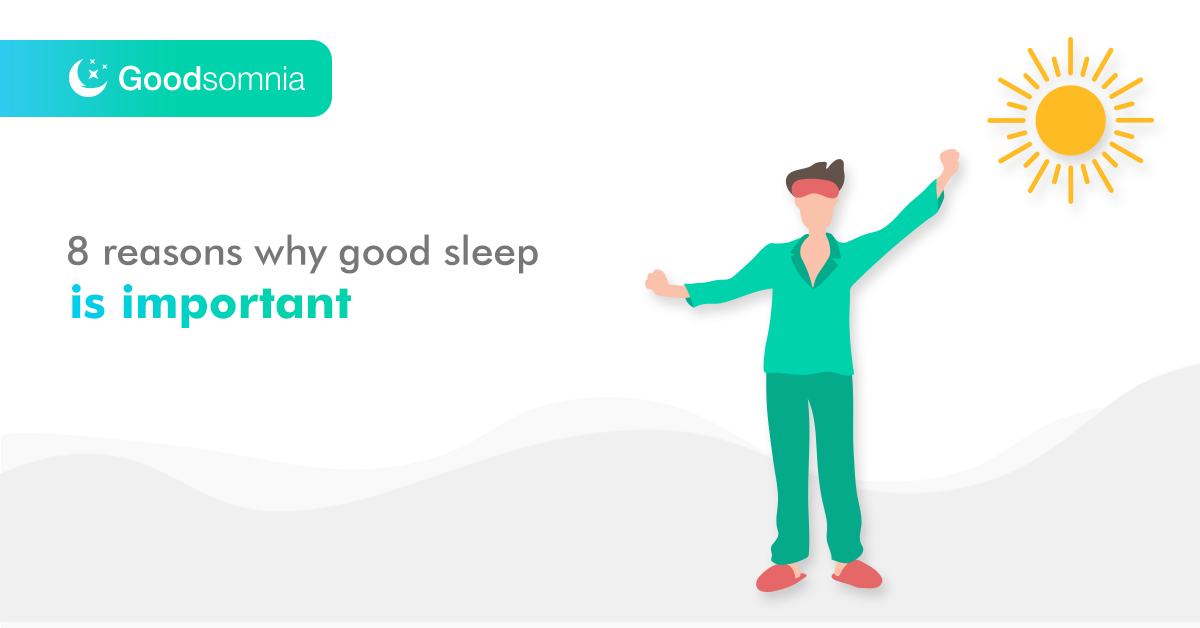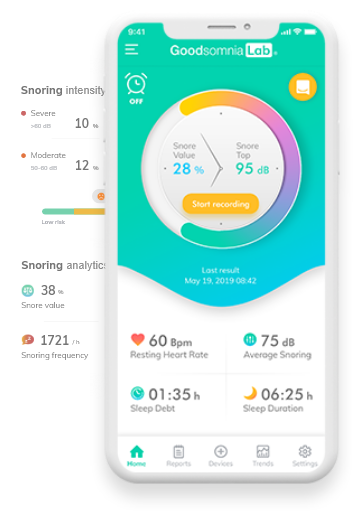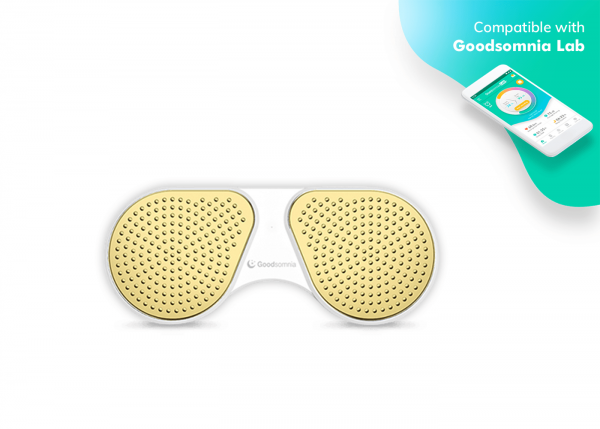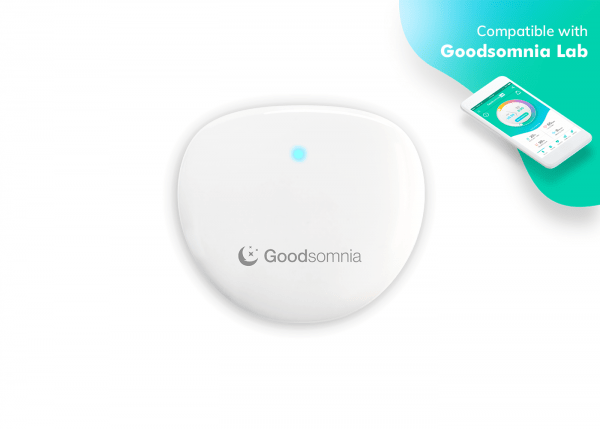Having quality sleep is as important as brushing teeth or doing exercise. But why do we still neglect sleep? Probably because we are not fully aware of the effect that poor sleep quality has on our body and mood. To make it clear and help you develop the so-called “sleep hygiene”, let’s reveal what can affect sleep quality.
What is good quality sleep?
Quality sleep means different things to different people. Some people are okay with 5 hours sleep, for others – 9 isn’t enough. There’s no formula for the best sleep but keep in mind that from 7 to 9 hours of sleep are important for every human being. As a result, researchers from the National Sleep Foundation pointed down 4 key points that help you determine the quality sleep:
- sleeping in bed (at least 85% of total time)
- falling asleep in 30 minutes or less
- waking up no more than 1 time per night
- being awake for 20 minutes or less after initially falling asleep
You can evaluate your sleep by these factors or use a sleep quality app that tracks your sleep time, detect snoring and may help you change sleep habits. Surely, you need to listen to your body and feelings but sleeping 5 hours may become a habit, so you don’t notice the damage it brings.
8 reasons why we need good sleep
Imagining the body as a plant, sleep would be the sun and the rain. It brings all the energy to the body, nourish it and invigorate. Here’re 8 aspects of our body which are addicted from sleep the most:
- sleep important for mental health
Poor sleep and depression are strongly linked. This happens mostly because of serotonin reduction, or the ‘happiness hormone’. That’s why people with sleep disorders like insomnia, OSA more tend to have mental problems. To keep sleep quality and depression under control, make sure you’re getting between 7-9 hours of sleep each night.
- sleep important for weight loss
The PMC study showed sleep quality and obesity are strongly connected. It was revealed children with short sleep duration were 89% more likely to become abusive, and adults 55%
- sleep important for athletic performance
The link between sports activities and sleep quality goes naturally. The phrase: “I want to have a rest” is associated with having a nap or at least laying in bed is not random.
- sleep important for brain
Without having proper sleep, our body and brain stagnate. Sleep and productivity levels are key markers of human well-being.
- sleep important for the cardiovascular system
Heart diseases, like strokes and heart attacks, usually occur in the mornings, which may be explained by the interaction between sleep and blood vessels. If a person experiences poor sleep, heart disease risk is doubled. Worsening of blood pressure and cholesterol happens because of poor sleep, and blood pressure problems.
- sleep important for inflammation prevention
Damaged cells and inflammation are the first triggers of sleep loss. This may lead to a greater risk of heart-related issues, cancer or diabetes.
- sleep important for social interactions
Communication with people takes energy. So, to keep your emotions sound and being able to recognize important social cues, you need to sleep enough.
- sleep is a toolbox for the body repairing
While we sleep, cells produce more protein that builds block for cells and helps them fix all the damage. As a result, sleeping becomes our recovery station.
How to sleep better
To develop good sleep habits and improve “sleep hygiene” try to follow some healthy sleep techniques:
- set the sleep schedule. Waking up and going to bed at the same time every day work the best for your body.
- good sleeping positions. Although sleeping on the side is considered to be the best sleep position, it may not work for you 100%. Pick the position you find the most comfortable and pay attention whether you snore on that position. If you’re wondering, can snoring affect quality sleep, the answer is yes, definitely.
- don’t go to bed unless you’re sleepy. If you don’t fall asleep after 30 minutes laying and staring at the ceiling, get out of bad. You need to go to bed naturally, not by forcing yourself.
- don’t use any electronic devices 30 minutes before sleep. By now, we’ve answered the question “Does sleep affect productivity?”. It was proved that watching at the light screen increases the time of falling asleep. So, if you want to improve your sleep for productivity, better read a book or listen to music.

